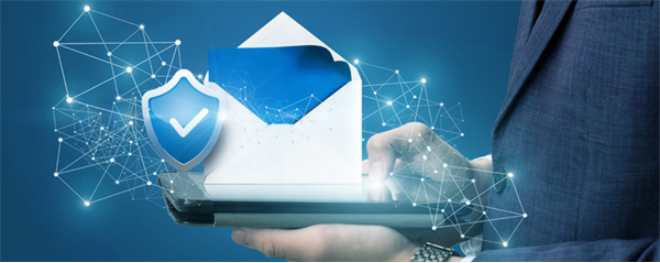Emails are a hacker’s dream. Email addresses contain enough information for hackers to cause serious and expensive damage. Cybercriminals can send malware and phishing links to acquire valuable data such as log-in credentials and financial information.
Most of us guard our credit card details, social security number, and bank account information against hackers. We should be doing the same with our private and business email addresses.
You have to safeguard your security and sensitive information. The following are a few things you can do to boost your email security:
Educate Employees
Employee errors are one of the principal causes of email data breaches. Phishing and other attacks rely on people and can be avoided when employees know the risks involved with emails. Therefore provide regular employee training on email security risks and how to avoid falling victim to phishing attacks.
Incorporate Best Practices
Make life more difficult for hackers by introducing the following best practices:
- Be extremely careful about opening email attachments.
- Use secure passwords.
- Consider encryption for sensitive emails.
- Don't reply to spam or phishing schemes. Responding will verify that your email address is valid.
- Don't include sensitive information in your email messages. Reputable companies and organizations will never ask you for private information such as your birth date or credit card number.
- Don’t use public Wi-Fi to check your business email accounts.
- Implement multifactor authentication for cloud-based email and remote access. This process requires a second form of authentication when a user tries to log in.
- Use different email passwords for different email accounts.
- Log out of your email account when you’ve finished writing, sending, and reading messages.
- Never give out your email password.
- Periodically review your privacy and security settings.
Use Security Tools
Technology can be your friend and keep hackers at bay. Ensure you have good antivirus software installed on every computer. The majority of antivirus programs will automatically scan your email attachments before you download them. Also, use sophisticated tools such as URL and attachment scanning tools that can check and detect suspicious links and URLs.
Having strong email protection can stop hackers and phishing attacks in their tracks. If you want to upgrade your email security and keep cybercriminals out of your business, contact us today.

